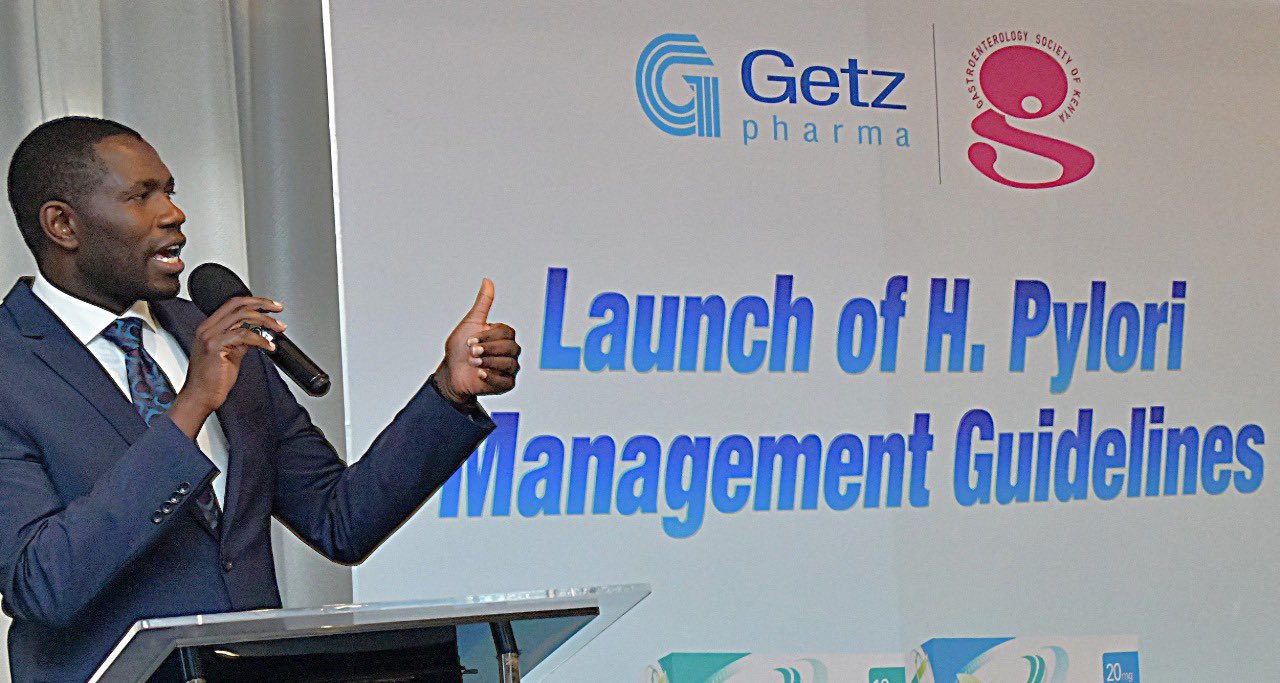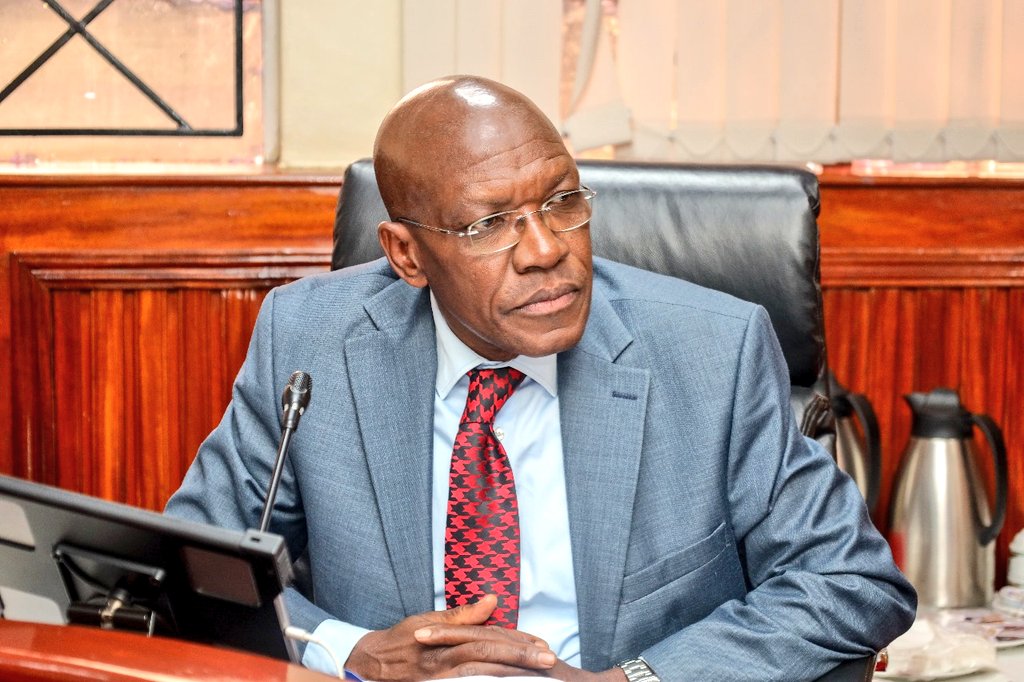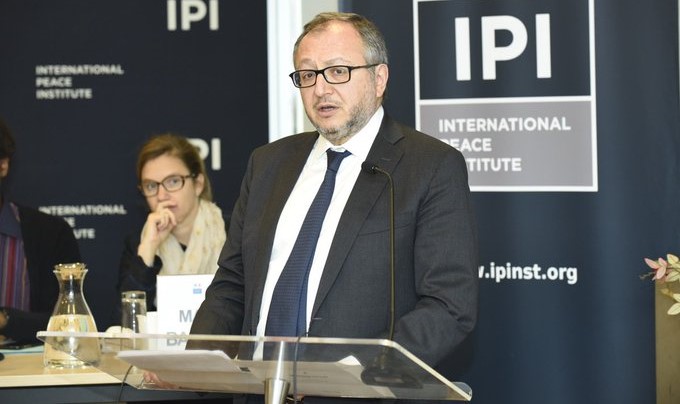Health Ministry unveils H. pylori treatment guidelines, formal adoption underway

The new framework is intended to standardise the detection and management of H. pylori infections across the country. It is currently under final review for formal adoption by the Ministry of Health.
Kenya has unveiled its first national clinical guidelines for the diagnosis and treatment of Helicobacter pylori (H. pylori), a common bacterial infection linked to ulcers and gastric cancer.
The guidelines, developed by the Gastroenterology Society of Kenya, were launched by Medical Services Principal Secretary Dr. Ouma Oluga during the Society’s biennial conference.
More To Read
- Young people must lead HIV fight, says PS Ouma Oluga
- Court of Appeal postpones hearing on constitutionality of Health Acts
- Kenya unveils advanced bronchoscopy programme at KNH to strengthen respiratory care
- How Riruta’s upgrade to Level IV hospital is transforming healthcare across Dagoreti
- Ruto targets faster healthcare access with KEMSA direct medicine deliveries to hospitals
- Senate flags 24 State agencies still performing county functions
The new framework is intended to standardise the detection and management of H. pylori infections across the country. It is currently under final review for formal adoption by the Ministry of Health.
Dr. Oluga praised the Society for its leadership in developing the document and emphasised the role of evidence-based practice in strengthening healthcare systems. He said the guidelines mark a critical step toward achieving Kenya’s Universal Health Coverage (UHC) goals by 2030.
“A strong health system must be anchored on scientific evidence, sound administration, and regulatory oversight,” said Dr. Oluga. These, he said, are essential to aligning Kenya’s ongoing health reforms.
The Principal Secretary outlined ongoing structural reforms within the health sector, including the shift to domestic resource mobilisation through the newly established Social Health Authority (SHA), which now oversees the pooling of health funds.
He also highlighted the creation of a Benefits and Tariffs Advisory Panel, which will guide spending decisions and align them with national service delivery priorities.
Dr. Oluga also underscored the importance of investing in the health workforce, expanding training institutions, and ensuring the fair deployment of skilled personnel. He cited reforms at the Kenya Medical Supplies Authority (KEMSA) as essential to ensuring access to affordable, quality-assured medical products.
He added that digitisation remains a top priority, with the Ministry rolling out end-to-end digital infrastructure to support real-time tracking of medical commodities, staff, and services.
The PS also lauded the Nairobi GI Training Centre at Kenyatta National Hospital, led by Prof. Elly Ogutu, for building local expertise in gastroenterology.
Accredited by the World Gastroenterology Organisation and World Endoscopy Organisation, the Centre has trained over eight fellows and forged exchange partnerships with institutions in Japan, India, and Egypt.
The conference also saw the launch of Africa Live Endoscopy, a pan-African platform for live training and innovation in endoscopy.
Dr. Oluga reaffirmed the Ministry’s commitment to collaborate with professional bodies and training institutions to deliver quality, equitable healthcare for all Kenyans.
Top Stories Today













































